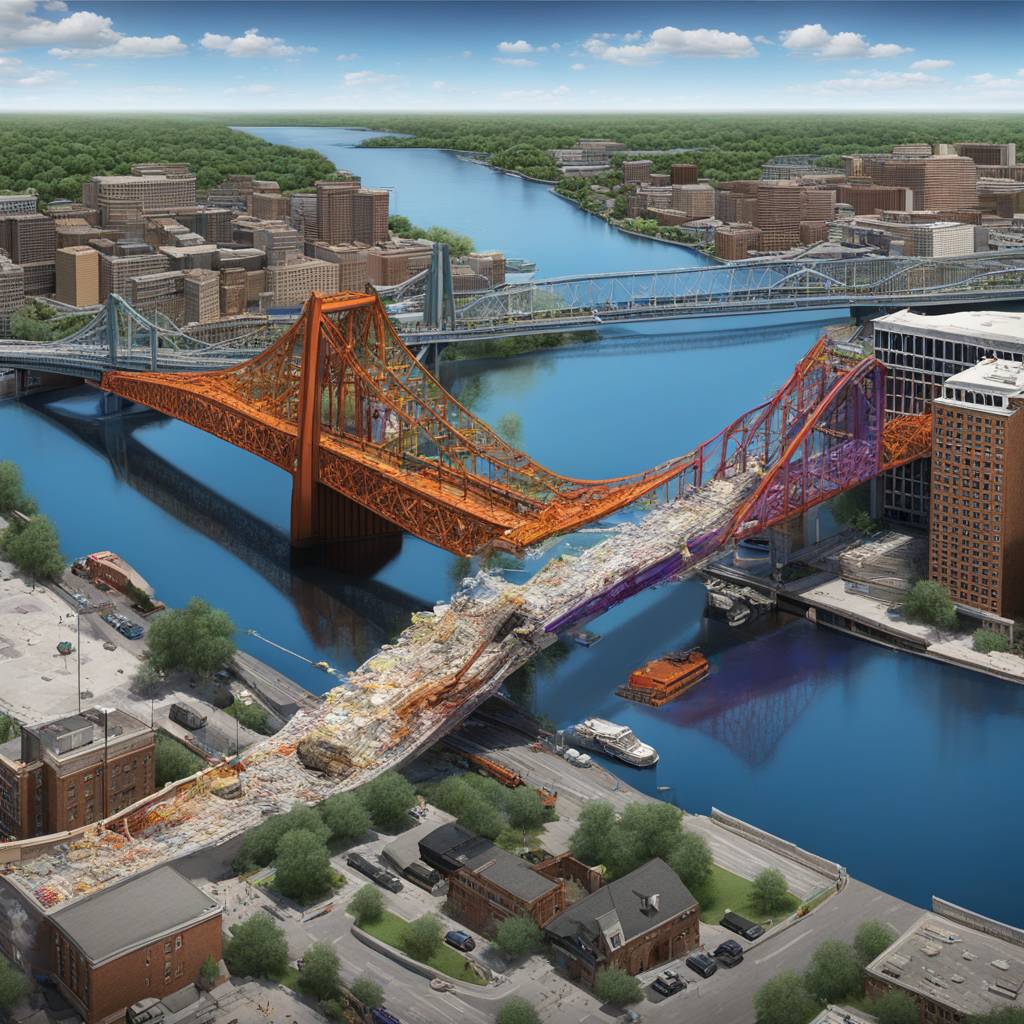The container ship that struck Baltimore’s Francis Scott Key Bridge, owned by Grace Ocean Pte Ltd and chartered by Maersk, is likely to face lawsuits for the collapse and resulting deaths and injuries. However, US maritime laws may limit the liability of the companies involved. Court decisions and acts of Congress have created laws that could restrict the lawsuits and damages that the ship’s owner, operator, and charterer would have to pay in such cases.
Synergy Marine Group and Maersk, the manager and charterer of the ship, respectively, have declined to comment on the potential for litigation. Efforts to reach a spokesperson for Grace Ocean were unsuccessful. The economic damages suffered by the city of Baltimore from the port closure and businesses affected by the collapsed bridge would generally not be recoverable through lawsuits, according to legal experts.
US courts have interpreted a 1927 Supreme Court ruling to mean that purely economic damages resulting from maritime incidents cannot be recovered from the ship’s owners and operators. Instead, lawsuits would be limited to injuries, death, and property damage or losses. Claims from those harmed by the collapse and claims over the damage to the bridge itself, likely brought by government entities, would be the focus of the legal action against the ship’s owners and operators.
The lawsuits arising from this incident are likely to be filed in federal court. Plaintiffs may also request a federal judge to “arrest” the ship, preventing it from leaving the jurisdiction while the litigation proceeds. Legal experts anticipate that the legal battles resulting from the collapse of the bridge and the damage caused by the container ship could be complex and involve a range of parties seeking compensation for various damages.
The implications of US maritime laws on the liability of the ship’s owner, operator, and charterer in cases of this nature highlight the importance of understanding the legal framework governing maritime incidents. The limitations on recoverable damages in cases of economic loss as a result of such incidents underscore the need for parties impacted by maritime accidents to seek legal advice to navigate the complex legal terrain and understand their rights and options for recourse against responsible parties.
The potential for lawsuits against the companies involved in the container ship collision highlights the importance of legal expertise in navigating the complexities of maritime law and seeking justice for those affected by such incidents. The legal battles resulting from the collapse of the bridge in Baltimore will likely involve a range of legal issues, including compensation for injuries, property damage, and loss of life, and could have far-reaching implications for the parties involved and for the maritime industry as a whole.













